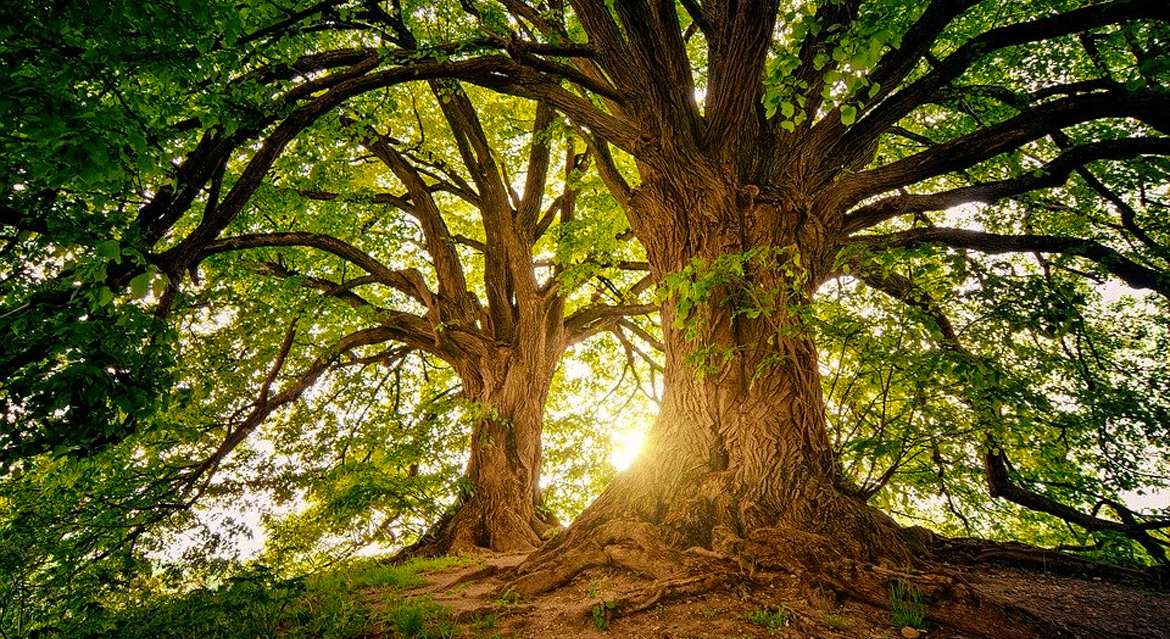
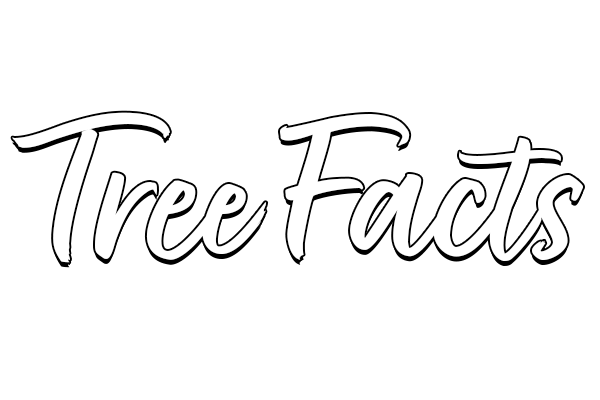

Use Native Trees
Native plants are well suited to the local ecology and growing conditions. Avoid planting invasive species which can grow out of control and crowd out native plants and which do not nurture beneficial native wildlife, eg. bees and butterflies.
Exotic plants and trees also should be avoided as they require more water, fertilizer and care than native species, while they provide no benefit to native wildlife.
The University of Florida Gardening Solutions website can help you decide which tree would be best for your yard
Vist USF Website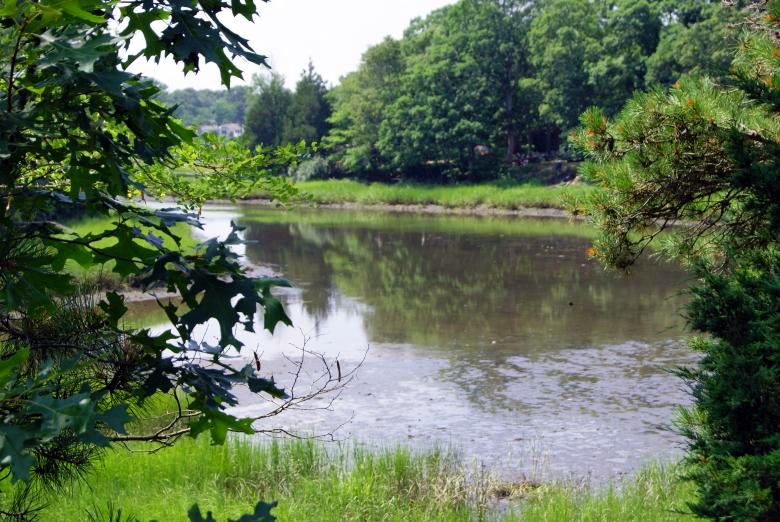

What Your Tree Does for Your House and You
-
Provide Oxygen &
Reduce Air PollutionTrees Provide Oxygen & Reduce Pollution by Storing CO2
Trees and other plants make their own food from carbon dioxide (CO-2) in the atmosphere, water, sunlight and a small amount of soil elements. In the process, they release oxygen for us to breathe.
A study by the U.S. based The Nature Conservancy (TNC) reported that the average reduction of particulate matter near a tree was between 7% and 24%.
-
Help Control Flooding & Reduce Soil Erosion.
Trees Help Control Flooding & Reduce Soil Erosion
Trees create organic matter on the soil surface from their leaf litter.
Tree roots increase soil permeability and this reduces surface runoff of water from storms.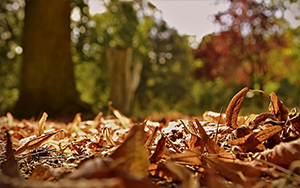
-
Save Energy & Cool Our Streets & Sidewalks
Trees Save Energy & Help Cool Our Streets & Sidewalks
Strategically placed trees can be as effective as other energy home saving improvements such as insulation and the installation of weather-tight windows and doors.
Trees placed on the south and west side of a house could lower utility bills by approximately 30% between May and September.
- Study published by Rodale's Organic Life
-
Increase Property Values
Trees Increase the Value of Your Property
Healthy, mature trees add an average of 10% value to a neighborhood. -USDA Forest Service
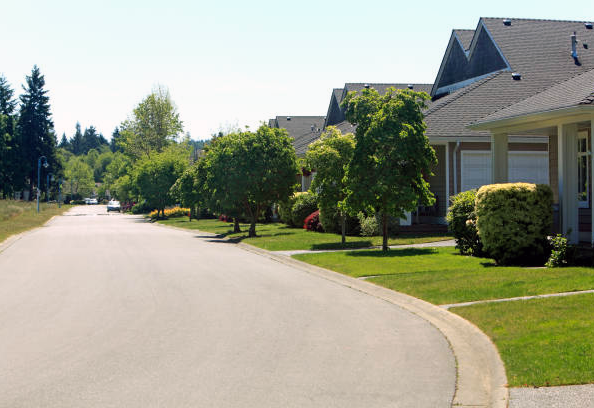
-
Nurture Native Wildlife
Trees Nurture Native Wildlife
Birds, squirrels, possums, beneficial insects and other native wildlife all need trees in which to live and raise their young.
Many of these critters will not benefit from exotic, non-native trees and will only benefit from native trees.
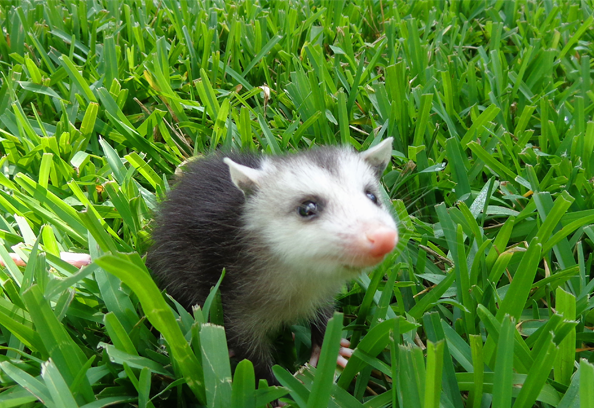

Did You Know?
A garden with native plants (which grow naturally in an area before human settlement and intervention) conserves water and electricity and is likely to attract pollinators.
A native oak tree can support the caterpillars of 500 species of moths and butterflies, providing food for songbirds. A non-native honey locust tree, in contrast, supports just three or four caterpillar species.
Encourage your local schools governments and parks to plant more native species.
Enter your zip code into nwf.org/nativeplantfinder for a list of native plants in your area.
NATIVE PLANT FINDER
What are the values of trees in your own yard?
To view the storm water benefits, property values, energy, air quality and CO-2 benefits go to:
national tree benefit calculator
